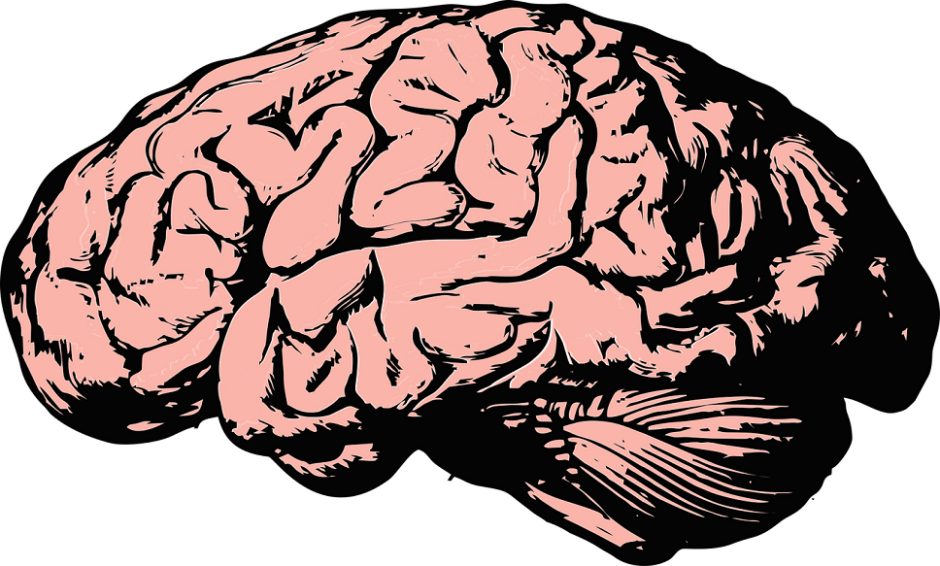MEMORY, reasoning, and learning are cognitive functions that use up half of all sugar present in the body. Recent research has associated a lack of glucose with the type of cognitive impairment typically seen in patients with dementia and Alzheimer’s disease.
The study was led by Dr Domenico Praticò, Lewis Katz School of Medicine, Temple University, Philadelphia, Pennsylvania, USA, and built on a previous study in which results demonstrated how the brain builds up a protein known as phosphorylated tau to mitigate against glucose deprivation, which ultimately leads to the blockage of nutrient transport and therefore the death of neurons.
Mice were genetically modified to exhibit memory complications and tau pathology typically found in Alzheimer’s patients. To observe its effects, Dr Praticò and colleagues administered 2-deoxyglucose (DG) to one group of mice. This chemical compound that prevents glucose entering the cells within the brain and being converted into energy. Over several months, the mice were injected with the substance, following which their cognitive function was tested by undergoing maze tests to evaluate their learning and memory skills.
The mice that received the DG treatment exhibited a much poorer performance than the control mice. Moreover, a microscopic evaluation showed that the mice administered the DG treatment had abnormal synaptic functioning. Results showed that the interneural synapses were unable to communicate correctly, causing memory encoding issues and storage impairments. Dr Praticò explained: “The findings are very exciting, there is now a lot of evidence to suggest that P38 is involved in the development of Alzheimer’s.” It was suggested that even minor deficiencies of glucose can cause major damage to the brain, with Dr Praticò commenting: “There is a high likelihood that those types of episodes are related to diabetes, which is a condition in which glucose cannot enter the cell. Insulin resistance in Type 2 diabetes is a known risk factor for dementia.”
These findings point to a potential treatment mechanism for Alzheimer’s disease; further research is required to further establish any potential benefits for patients of drugs targeting the P38 kinase pathway.
(Image: freeimages.com)








